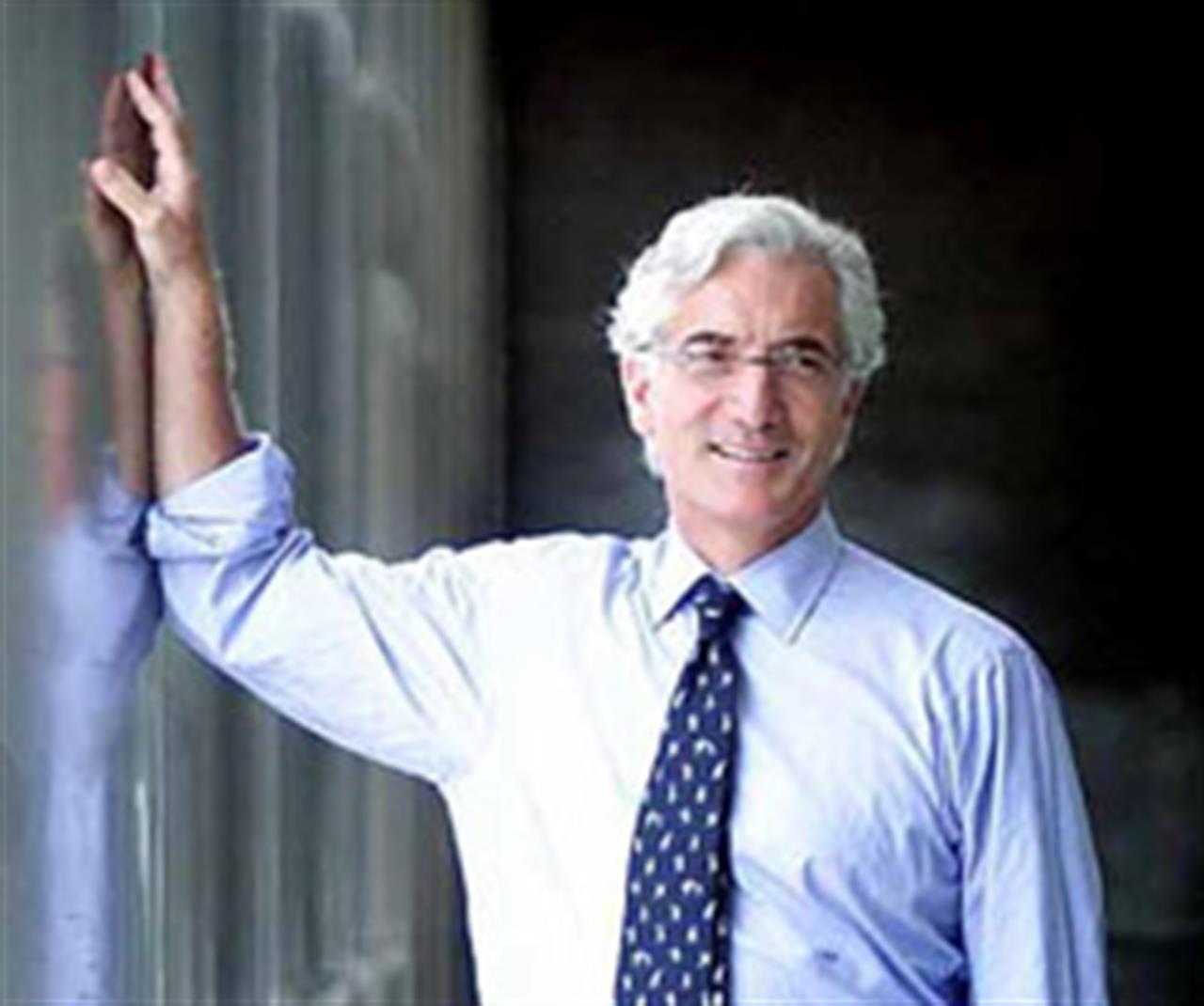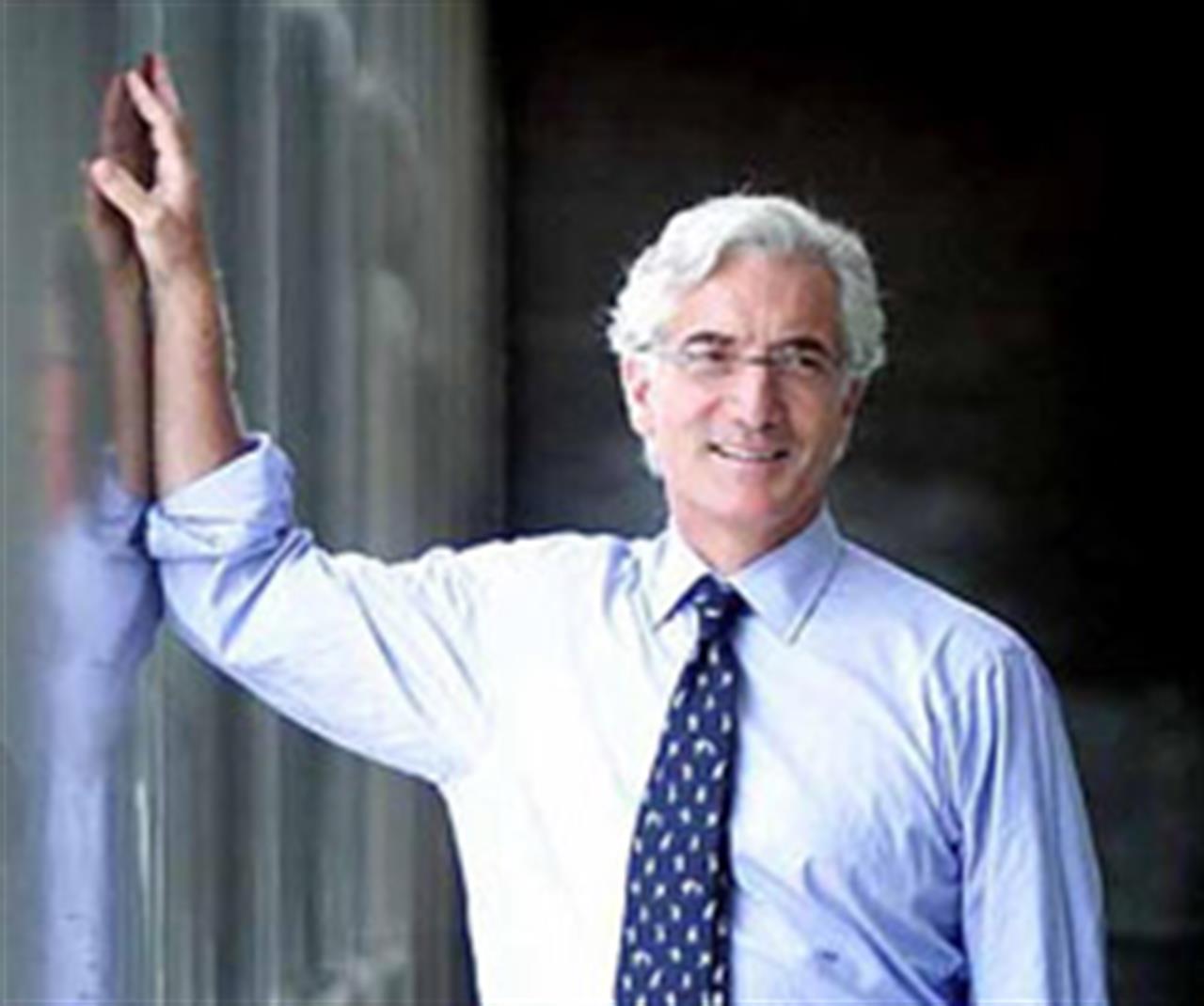
Profits are still an issue for operators in the social sector. I refer to it as the social sector, because the terminology is becoming even more convoluted these days. Civil society, third sector, voluntary sector, NGOs, social economy, social enterprise, social business, you name it.
Whatever you call it, people who work to make the world a better place – not just for a more or less generous wage – still struggle to come to terms with profits – including the majority who make none.
A clash of values was put on stage in Brussels on Friday when the European Commission launched the Social Business Initiative to harness the untapped resources of society to answer to actual crisis ravaging the Old Continent. Quite an achievement for a sector which has always been kindly disregarded by Brussels.
2 giants of the emerging industry faced each other: Prof Mohammad Yunus, Nobel Prize Laureate and inventor of modern microcredit; and Sir Ronald Cohen once upon a time first venture capitalist in Europe turned into the champion of social investments and inventor of social impact bond.
Yunus inspired the European policy on social business but his idea doesn’t look sustainable in Europe. In his view social business is an enterprise providing goods and services to respond to people’s needs – so far so good – funded by investments which don’t give dividends or financial return, just social return.
If you invest in Yunus’ enterprise you get your capital back nothing more. Then it’s not an investment but smart donation. Only philanthropy and public funding would be the source of funding of such enterprises, not private investments.
Yunus businees model doesn’t fit in Europe. There is no more public funding – the party is over – and philanthropy can’t meet the financial meet of the social sector. Social enterprise cries for access to private capital.
It’s true Prof Yunus has been able to make partnerships with multinational corporations as Danone and Adidas to launch new ventures. But this is not investments but CSR. The same corporations would not make the same deals in Europe as here they want to make profits, not charity.
I favour the other path advocated by Sir Ronald: a blended model combining financial return with social impact. Private investors provide the capital for social operators to tackle social challenges and goverment pays a bonus if the goals are met. This is the magic triangle underpunning the social impact bond.
Naturally finance is not a panacea. It provides the gunpowder only. To the social entrepreneurs – already inside of the sector and new comers – is left the task to lead the victorious army ie innovative solutions to tackle societal challenges.
It may look strange that the champion of social economy is a financier – as well as the European Commissioner recognizing its role for the European economic recovery is a French conservative in charge of the reform of the financial services industry and economic liberalization reforms – but this looks to me the most credible path in Europe.
I add that we need a place to experiment if this recipe really works, and Greece is the best place to pilot a special social economic zone!
On Friday, you couldn’t miss the mumbling of old social economy guys claiming that social business is not new at all, they have done it since ever and, in any case, this new path disregards the historical values of the sector.
Eventually they will realize Europe is going to change radically and this is the best opportunity they have ever had to jump in the driving seat.
Cosa fa VITA?
Da 30 anni VITA è la testata di riferimento dell’innovazione sociale, dell’attivismo civico e del Terzo settore. Siamo un’impresa sociale senza scopo di lucro: raccontiamo storie, promuoviamo campagne, interpelliamo le imprese, la politica e le istituzioni per promuovere i valori dell’interesse generale e del bene comune. Se riusciamo a farlo è grazie a chi decide di sostenerci.

